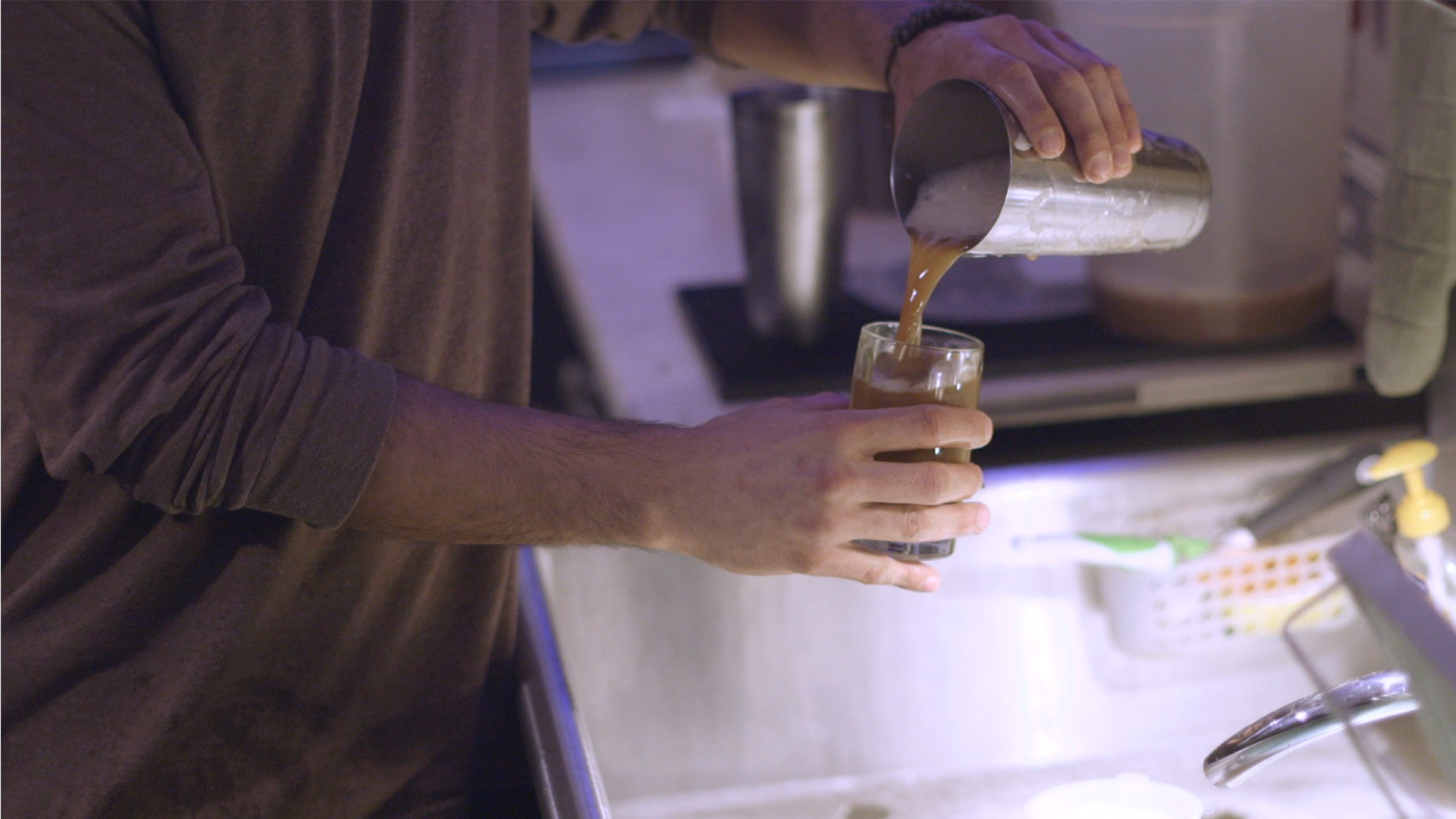eskymaks/Getty Images
A small study by scientists in Canada has shown preliminary evidence that ayahuasca, a psychedelic drink used in mystical rites by indigenous Amazon tribes, may help treat eating disorders.Ayahuasca is a plant-based brew that contains dimethyltryptamine (DMT), one of the most powerful psychedelic drugs. It's been used for centuries as a sacrament, with users often reporting transcendent, mystical visions that lead them to greater insight about themselves. The ayahuasca trip can change behavior for the better, and recent early-stage studies have suggested the drink could help treat anxiety, addiction, and depression.The study's lead author, Dr. Adèle Lafrance, an associate professor at Laurentian University, had been studying eating disorders (EDs). EDs are some of the most challenging mental disorders to treat, with a lack of strong evidence to support any particular approach, and a high rate of drop-outs and relapses among patients."I was a psychologist working in eating disorders and colleagues and I were witnessing first-hand the drop-out rates, the relapse rates, even deaths, when I watched a documentary on ayahuasca in the context of addictions," she told PsyPost. In search of a novel treatment, she wondered whether ayahuasca could help with EDs.To find out, she interviewed people 16 people (14 women, 2 men) from North America who'd been diagnosed with EDs and participated in at least one ayahuasca ceremony. They were a mean age of 33.5 years; ten had been at one point diagnosed with anorexia nervosa (a distorted body image and obsessing about weight and diet) and six with bulimia nervosa (binge eating followed by purging). Most had tried eating disorder-specific treatment in the past, and were in different stages of illness and/or recovery.
More From Tonic:
The interviews revealed that 11 of the 16 people felt their ayahuasca experience had reduced their ED symptoms. One described feeling "like I had more distance between my behaviors and, you know the thought patterns and the triggers" for her ED. "It was like my brain was reprogrammed," she said. "It's the only way I can describe it—I don't know exactly how it works."Some reported a shift in their attitudes toward their bodies during their ayahuasca trips. "I really just experienced my body as a gift," said one. "It was, I felt that it was malnourished. I could sense that, I could sense that I was not honoring the gift."And half of the interviewees reported reductions in anxiety, depression, self-harm, suicidality, and problematic substance use. One said she no longer needed anti-depressants and had seen her anxiety vanish—she attributed the improvements to ayahuasca. "It just rewires your brain," she said.It's too early to draw conclusions from a relatively small collection of interviews. But it does suggest a path forward. "This research is in its infancy," Lafrance told PsyPost. "The use of ayahuasca in North America is not legal. It may also be inappropriate for some people based on their medical status or history. That said, our study does point to the need for more research, including fewer restrictions in order to conduct such research."Read This Next: Psychedelic Use Could Lower Suicide Risk
Advertisement
More From Tonic:

The interviews revealed that 11 of the 16 people felt their ayahuasca experience had reduced their ED symptoms. One described feeling "like I had more distance between my behaviors and, you know the thought patterns and the triggers" for her ED. "It was like my brain was reprogrammed," she said. "It's the only way I can describe it—I don't know exactly how it works."Some reported a shift in their attitudes toward their bodies during their ayahuasca trips. "I really just experienced my body as a gift," said one. "It was, I felt that it was malnourished. I could sense that, I could sense that I was not honoring the gift."And half of the interviewees reported reductions in anxiety, depression, self-harm, suicidality, and problematic substance use. One said she no longer needed anti-depressants and had seen her anxiety vanish—she attributed the improvements to ayahuasca. "It just rewires your brain," she said.It's too early to draw conclusions from a relatively small collection of interviews. But it does suggest a path forward. "This research is in its infancy," Lafrance told PsyPost. "The use of ayahuasca in North America is not legal. It may also be inappropriate for some people based on their medical status or history. That said, our study does point to the need for more research, including fewer restrictions in order to conduct such research."Read This Next: Psychedelic Use Could Lower Suicide Risk